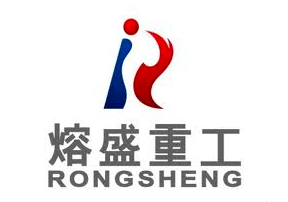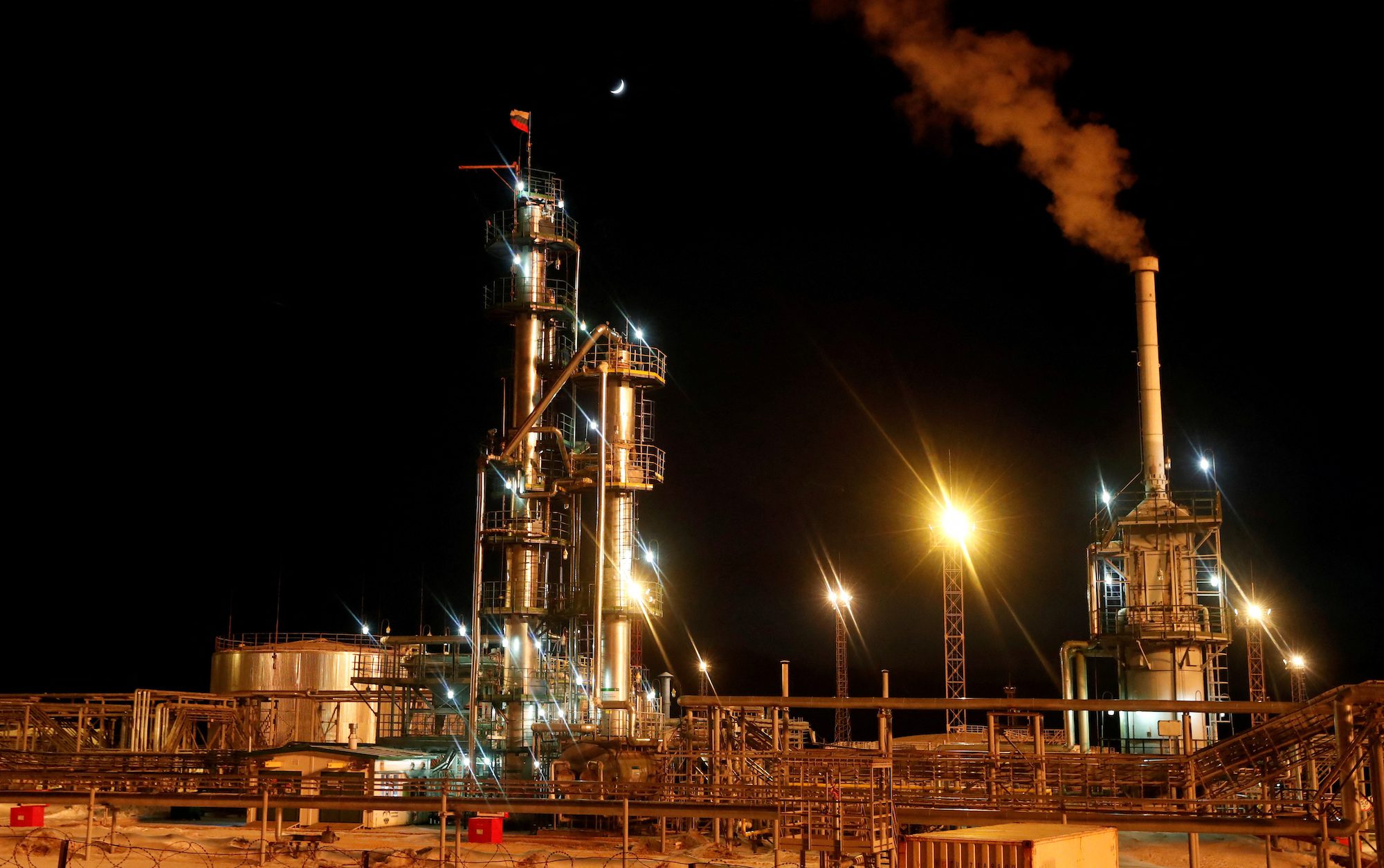 (Bloomberg) — China Rongsheng Heavy Industries Group Holdings Ltd., the nation’s biggest shipyard outside state control, halted share trading today after a report the company recently pared about 8,000 jobs.
(Bloomberg) — China Rongsheng Heavy Industries Group Holdings Ltd., the nation’s biggest shipyard outside state control, halted share trading today after a report the company recently pared about 8,000 jobs.
Trading of shares and all structured products related to the company was suspended pending clarification of “news articles and possible inside information,” Rongsheng said in filings to the Hong Kong stock exchange. The Wall Street Journal reported yesterday, citing Lei Dong, secretary to the Shanghai- based company’s president, that more than half of the employees laid off were subcontractors and the rest full-time workers.
Rongsheng shares slumped 10 percent yesterday after the company said some idled contract workers had engaged in “disruptive” activities by surrounding the entrance of its factory in east China’s Jiangsu province. China’s shipyards are suffering from a global slump in orders as a glut of vessels and slowing economic growth sap demand. Brazil and Greece accounted for more than half of Rongsheng’s 2012 revenue.
“Rongsheng’s move reflects the bad market,” said Lawrence Li, an analyst at UOB-Kay Hian Holdings Ltd. in Shanghai. “More small-to-medium sized shipyards, especially those that lack government support, may take the same actions or even close down.”
Rongsheng spokesman William Li declined to comment on the Journal report. Four calls to Lei’s office at Rongsheng went unanswered. Rongsheng Chairman Chen Qiang also declined to comment today.
Down Payment
Rongsheng had as many as 38,000 workers including its own employees and contract staff at the peak of the industry boom a few years ago, UOB-Kay Hian’s Li said.
The order book at China’s shipbuilders fell 23 percent at the end of May from a year earlier, according to data from the China Association of the National Shipbuilding Industry. Yards have reduced down-payment requirements, with some slashing their rates to as little as 2.5 percent of contract value compared with 20 percent before 2010, according to UOB-Kay Hian.
Economic growth in China has held below 8 percent for the past four quarters, the first time that has happened in at least 20 years. The nation’s clampdown on excessive short-term borrowing sent the overnight repurchase rate to a record 13.91 percent last month, forcing at least 22 companies including China Development Bank Corp., a backer of the shipping industry, to cancel or delay bond sales.
Short-Term Debt
China Rongsheng posted a loss of 572.6 million yuan ($93 million) last year, after three consecutive years of profits, according to data compiled by Bloomberg. It had short-term debt of 19.3 billion yuan as of the end of 2012, the data show.
The shipbuilder targets new ship and offshore orders worth more than $2.3 billion this year, Chen said in Hong Kong in March. The shipbuilder pared about 3,000 employees last year as it aims to return to profit this year, he said at the time.
Rongsheng received orders to build a total of 16 Valemax vessels from Brazilian miner Vale SA and Oman Shipping Co. and had delivered 10 as of April. The commodity ships, among the biggest afloat, are about twice the size of the capesize vessels that have traditionally hauled iron ore from Brazil to China.
The company’s cash conversion cycle, a gauge of days required to convert resources into cash, more than doubled to 582 last year from 224 in 2011, the data show. China Rongsheng shares have fallen 15 percent this year in Hong Kong, compared with a 11 percent decline for the benchmark Hang Seng Index.
Ten of the 14 analysts tracked by Bloomberg recommend selling the stock with the rest rating it hold. The company raised HK$14 billion in its initial public offer in 2010.
Ship prices have plunged because of the overcapacity and industrywide losses, hurting margins at shipbuilders. Prices for a vessel that can carry as many as 13,500 boxes fell to $106 million in April, which was then the
lowest since Clarkson Plc started compiling the figures in June 2008.
Contracts for new vessels halved to $84.7 billion in 2012, compared with $174.7 billion in 2008, according to Clarkson.
– Jasmine Wang, Copyright 2013 Bloomberg.

 Join The Club
Join The Club












